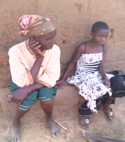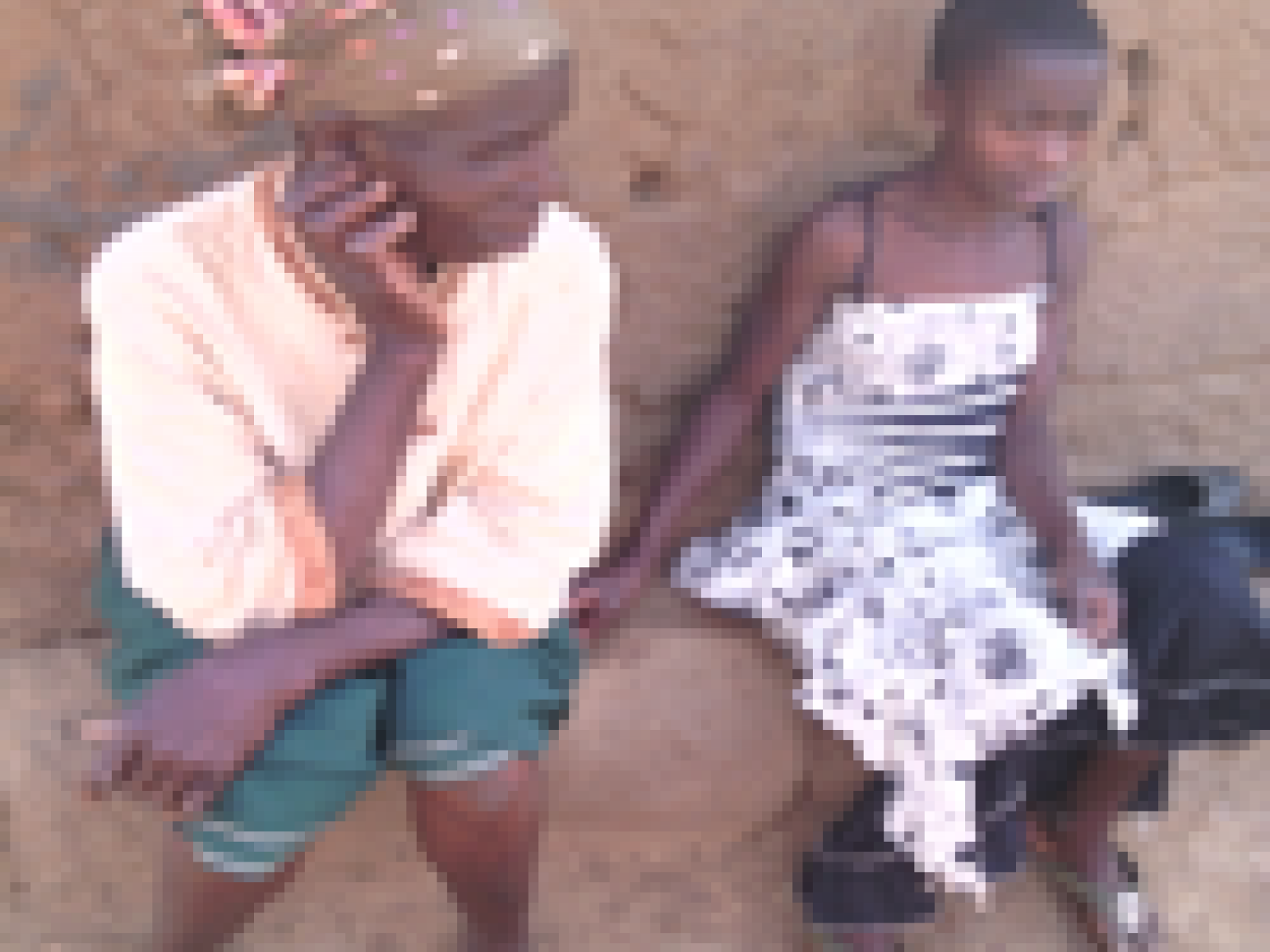An Overview Of Our Solution
- Population Impacted:
- Continent: Africa
Organization type
Population impacted
Size of agricultural area
Production quantity
People employed
Describe your solution
Describe your implementation
External connections
What is the environmental or ecological challenge you are targeting with your solution?
Describe the context in which you are operating
84% of Malawi population lives in rural areas. About 90% of these are smallholder farmers, each owning three acres of land on the average for farming and settlement. The farmers depend on soil, rain water, air and sunlight for their farming. And the farming is never productive. They fail to conserve soil and rain water. Like trees and grass, soil and rain water are degraded. The smallholder farmers lack knowledge and skills in modern technologies on farming, nature conservation, and entrepreneurship. They also lack power to purchase farm inputs. Farmers do not have food and income to meet their needs the whole year. Their nutrition is poor. They are not exposed to nutritional information. Their children have stunted growth. Their standard of living is low and it negatively affects their mindsets.
Farmers rely on forest products, mainly, fuel wood, which they cut down wantonly and sell for income. Forests and grass are cleared off. Water catchments and ecosystems are destroyed. Land is bare and degraded. Shelters for wildlife no longer exist
How did you impact natural resource use and greenhouse gas emissions?
Language(s)
Social/Community
Water
Food Security/Nutrition
Economic/Sustainable Development
Climate
Sustainability
Describe the economic sustainability of your solution. Does it rely on grant funding, government subsidies or market-based revenue? (750 characters max.)
Return on investment
Entrant Banner Image

